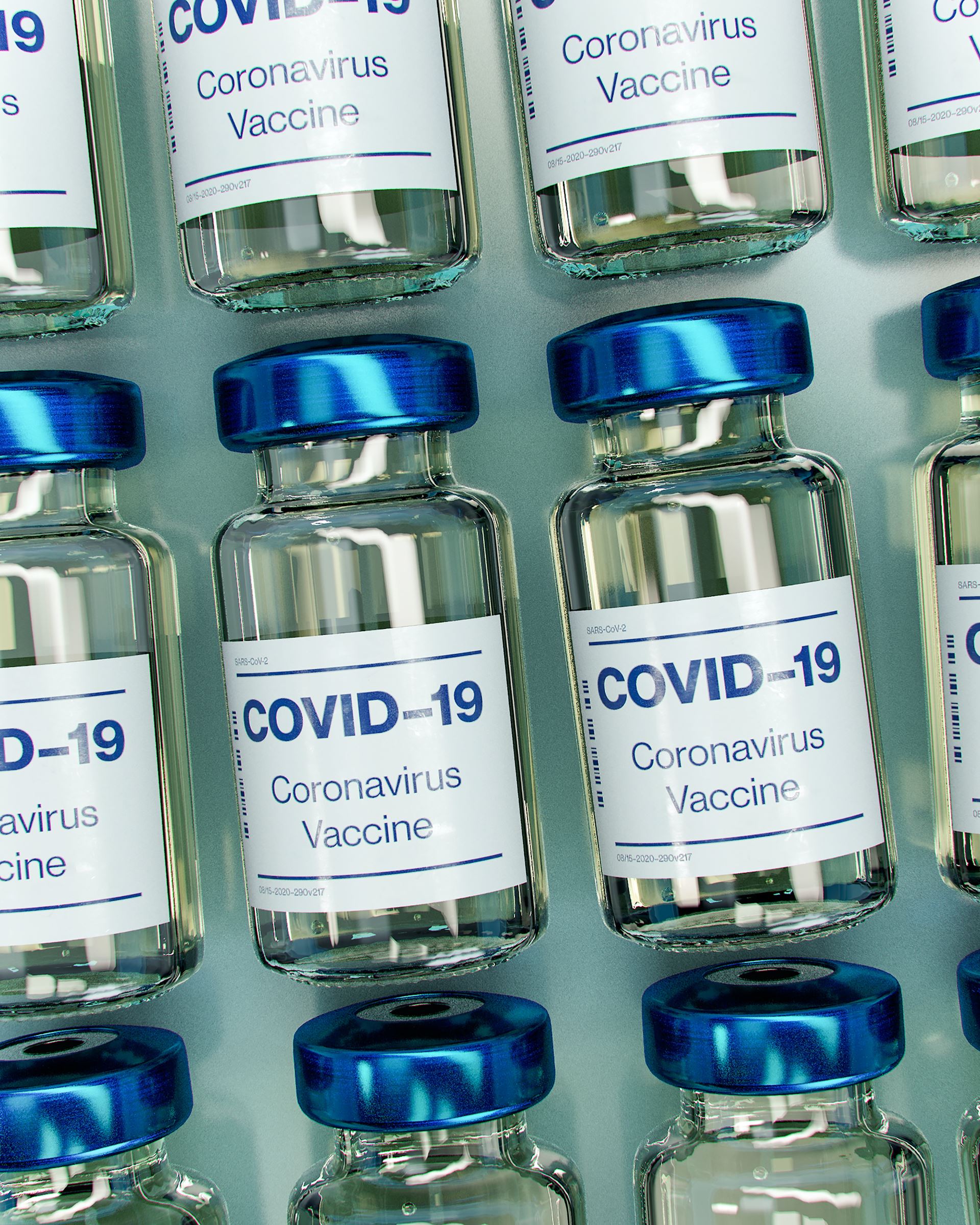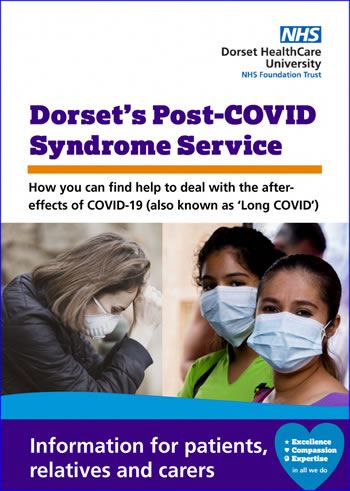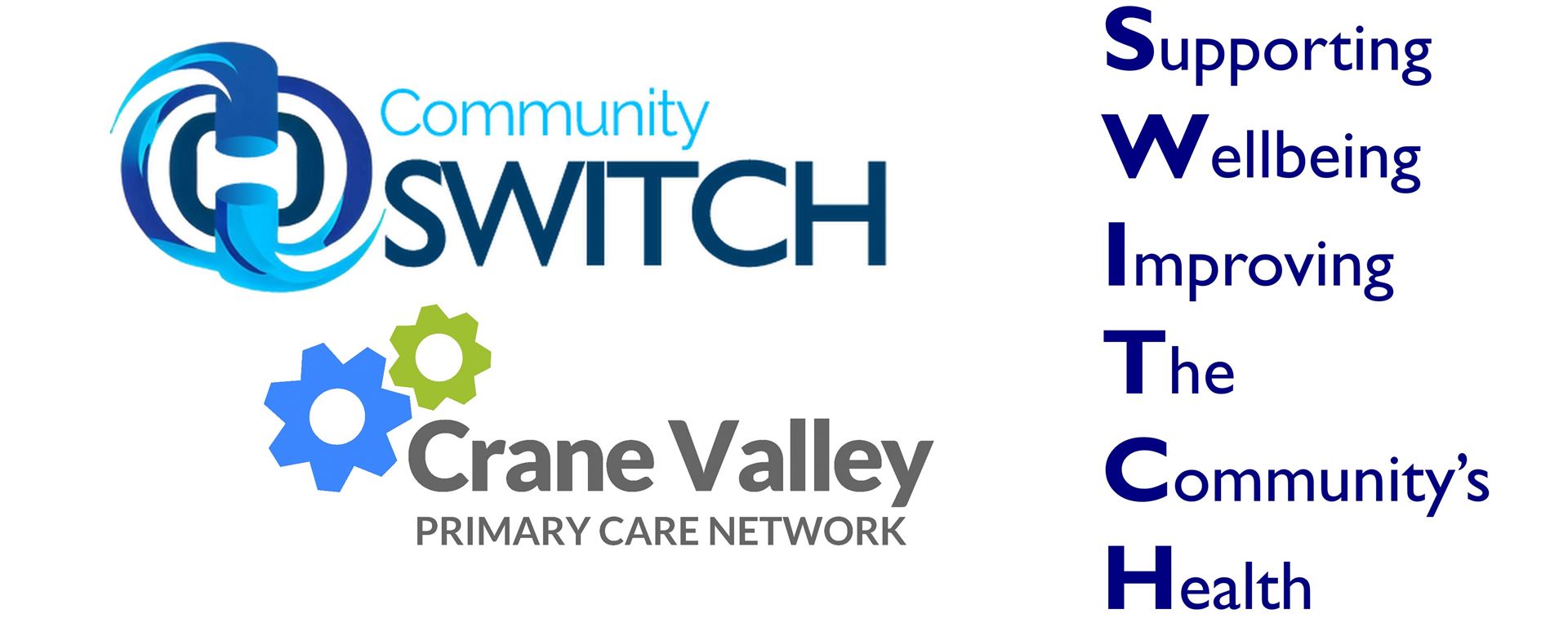Coronavirus Information

Should we be Worried about the New COVID-19 Variant
Updated 21st September 2023
There have been a lot of questions about the BA.2.86 COVID variant, as people would like to know how it compares to other variants and what the implications might be for public health. It is important to note that to date only a small number of cases have been identified across the world, and we will need more data to draw any conclusions about the effect of these mutations on transmissibility and severity of the variant.
In this blog post the UK Health Security Agency outlines what they know so far and what action they are taking.
General NHS advice about COVID-19, including symptoms, testing, and staying at home can be found on the NHS website by following this link:>>
Do you have a Pre-Existing Condition?
Macmillan – Cancer & Covid-19
Asthma UK – What to do if you have asthma
Blood Cancer UK – Information for people affected by blood cancer
Diabetes UK – Coronavirus & Diabetes
Kidney Care UK – Guidance for patients with chronic kidney disease
Are you a Vulnerable Patient
Guidance on shielding and protecting extremely vulnerable people
How to get support for extremely critical vulnerable person
Advice for people at higher risk – those who are 70 or older, are pregnant or have a condition that increases the risks from coronavirus.
Mental Wellbeing During Covid-19
COVID-19 means we are all experiencing an unprecedented situation. Everyone reacts differently, and we will have periods where we find it more difficult to deal with. It’s okay not to feel okay. Talking to someone can often help.
Visit NHS Every Mind Matters for advice, practice advice and support groups.
If you cannot wait to see a doctor and feel unable to cope or keep yourself safe, it’s important to get support.
Post-COVID Syndrome (PCS) Service
Have you had ongoing symptoms of COVID-19 for 12 weeks or more?
Our colleagues in the PCS Service provide specialist support for people who have ongoing symptoms of COVID-19 for 12 weeks or more, known as Post-COVID Syndrome (PCS). Often referred to as “Long COVID" the most common symptoms include:
- fatigue
- breathlessness
- headaches
- brain ‘fog’
- pain in the joints or chest.
If you have had symptoms of COVID-19 for 12 weeks or more since your first diagnosis, please contact us.
We can carry out a series of tests to rule out other causes for your symptoms and, if appropriate, refer you to the PCS Service for specialist support and guidance.
Or download a copy of the PCS Service Patient Information leaflet here:>>
Page created: 13 April 2023



